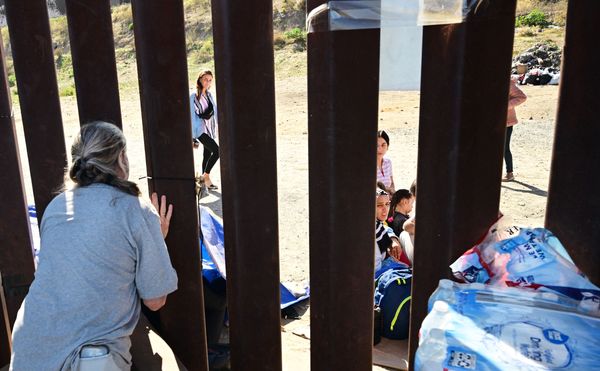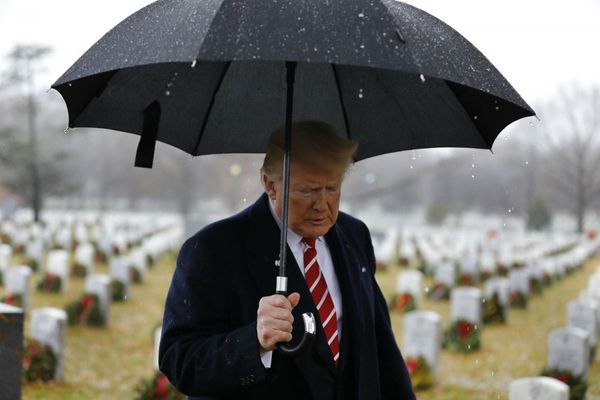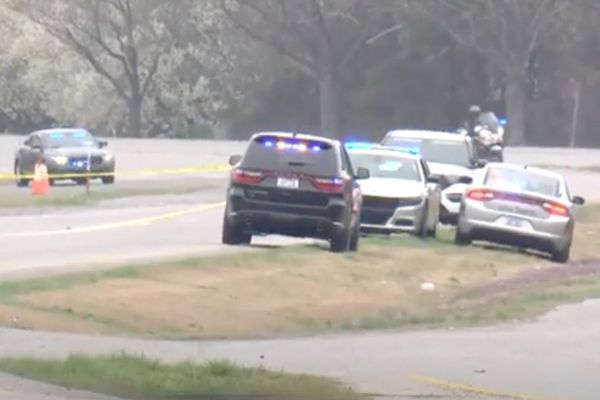
A new Louisiana law has sparked controversy for making it a crime to approach within 25 feet (7.6 meters) of a police officer under certain circumstances. Critics argue that the law infringes on the movement for racial justice and violates the First Amendment, as it could impede the public's ability to film police interactions.
Bystander cellphone videos have played a crucial role in exposing police misconduct, such as the killing of George Floyd in 2020. Civil rights attorneys have raised concerns about the potential impact of the law on transparency and accountability in law enforcement.
Proponents of the law, including Louisiana state Rep. Bryan Fontenot, assert that the measure is intended to provide a buffer zone for officers to ensure their safety while carrying out their duties. Similar laws have been enacted in other states like Florida, where Gov. Ron DeSantis signed a comparable measure into law earlier this year.
However, legal experts point out that existing laws already address obstruction of police duties, raising questions about the necessity of the new restrictions. The Louisiana law prohibits approaching an officer who is lawfully engaged in official duties after being ordered to stop, with violators facing fines and potential jail time.
The absence of explicit mention of filming in the law has raised First Amendment concerns among civil rights advocates. Courts have affirmed the public's right to observe and record police activities in public spaces as a means of ensuring accountability.
Despite arguments in favor of officer safety, critics contend that the law could limit the public's ability to monitor police conduct and hold law enforcement accountable for their actions. The law is set to take effect on August 1, prompting ongoing debate over its implications for civil liberties and transparency in policing.







